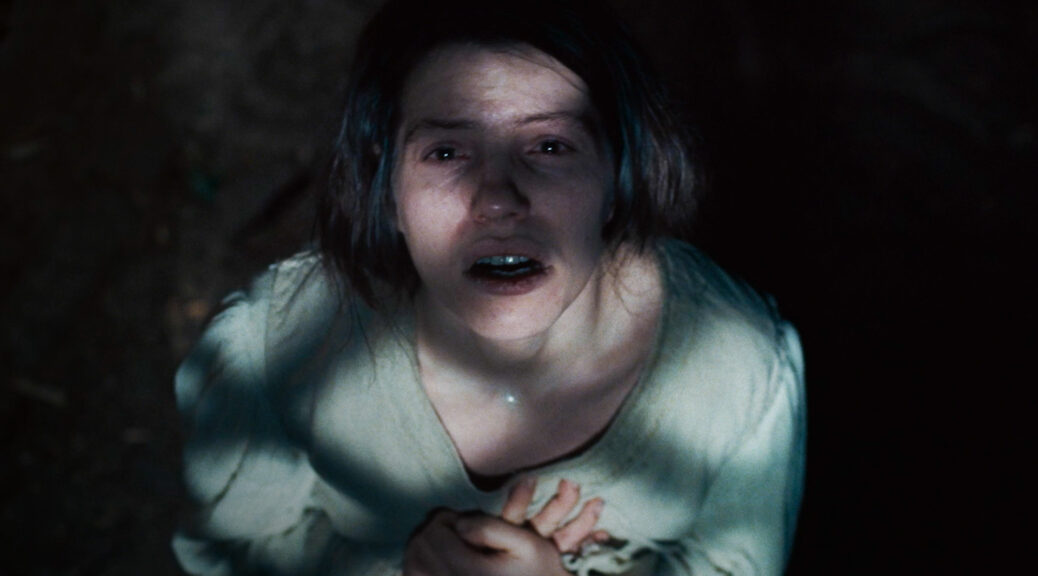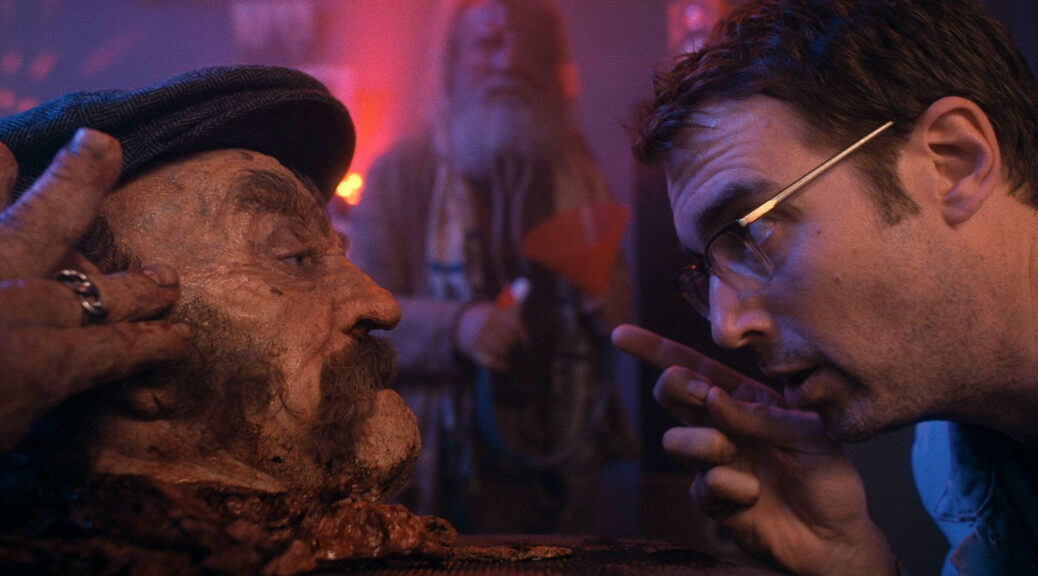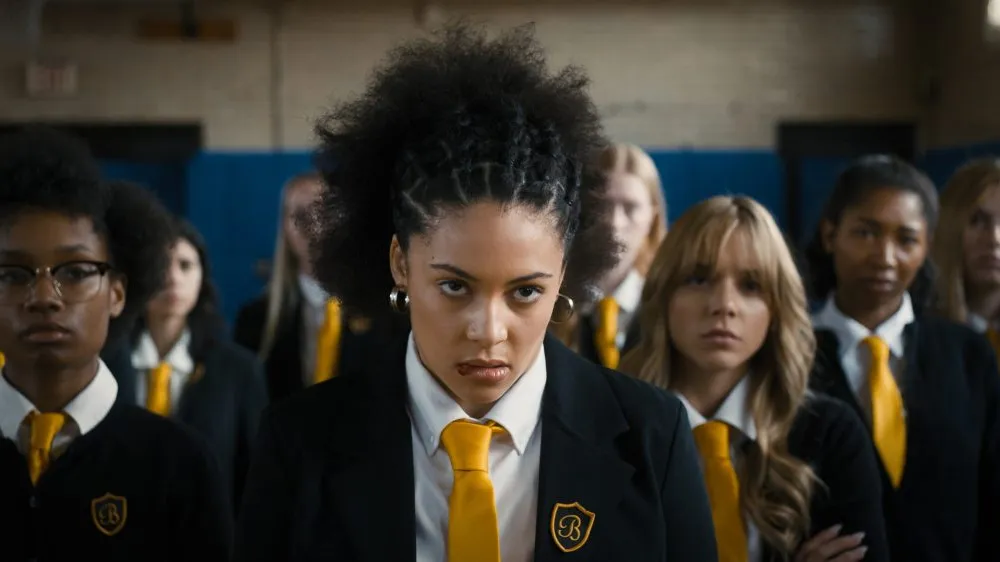The Devil’s Bath
by Hope Madden
It’s been five years since Veronika Franz and Severin Fiala’s last horror—the remarkable The Lodge—and a full decade since their unnerving Goodnight Mommy. I had missed their particular brand of isolated, rustic horror. So it was with much excitement that I sat down to their latest, a twisted true crime fairytale, The Devil’s Bath.
Set in the 18th century mountains of Austria, young bride Agnes (Anja Plaschg) finds married life with Wolf (David Scheid) not all she’d hoped. Disappointment, confusion, isolation, fanatical religious fervor, guilt, and desperate longing—plus the suspicion that dogs any village outsider—prove too heady a combination, and soon even Agnes can’t explain her own behavior.
The film, also written by Fiala and Franz, mines historical records of the area to illustrate the natural, dire consequences of religion, patriarchy, and duty.
Both The Lodge and Goodnight Mommy were slow builds that drew as much tension from the brutal beauty of their isolated location as from the events unfolding there. The Devil’s Bath walks that same eerily remote path, but the burn is much slower and the horror less mean.
The Devil’s Bath repays close attention. Details that offer context to Agnes’s plight float in and out of the background, and without those details, the viewing experience can feel as unmoored as poor Agnes. But so much of Agnes’s trouble is recognizable—difficultly fitting in, a growing distance between herself and her husband that she doesn’t understand, and the impossible task of getting close to (or becoming independent of—either would be OK) her mother-in-law. She’s on her own and soon lonesomeness and longing are all she feels.
And what is there to do? Nothing. This is her life now, far from the mother who dotes on her and the brother who protects her.
As Agnes descends into madness, the filmmakers ensure that we feel the universality of her condition.
The Devil’s Bath opens provocatively, leaving you with a question. The ensuing two hours pointedly answers that question, and then asks: Are you sure you would do it differently?













